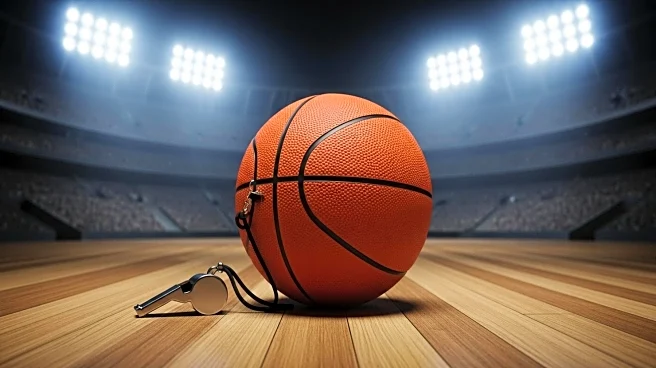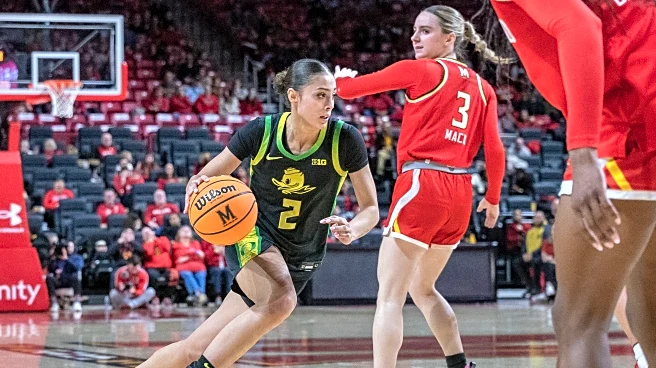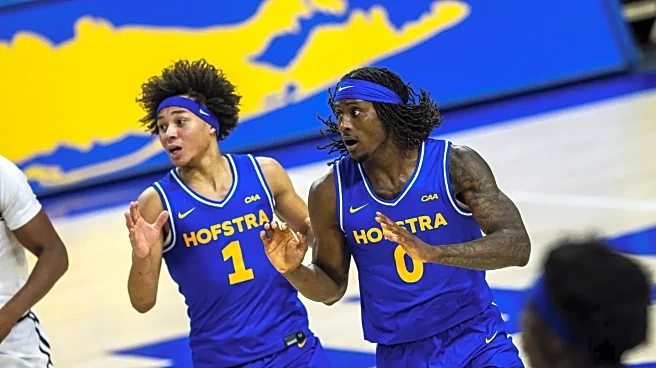What is the story about?
What's Happening?
The WNBA has suspended Minnesota Lynx head coach Cheryl Reeve for one game due to her conduct and comments during and after the team's Game 3 loss to the Phoenix Mercury in the WNBA semifinals. Reeve's suspension is a result of her aggressive behavior towards game officials, including verbal abuse and failure to leave the court promptly after being ejected. Her post-game remarks criticized the officiating and called for a change in leadership at the league level. Reeve's actions followed an incident where Lynx player Napheesa Collier was injured, prompting Reeve to express dissatisfaction with the officiating crew's performance. Additionally, Lynx assistant coach Rebekkah Brunson was fined for a social media post directed at the referees.
Why It's Important?
This suspension highlights ongoing tensions between WNBA coaches and league officiating, potentially impacting the dynamics of playoff games. Reeve's comments and subsequent suspension underscore the challenges faced by teams in maintaining sportsmanship while addressing perceived officiating issues. The incident may influence how the league manages officiating standards and disciplinary actions in the future. The suspension could affect the Lynx's performance in the crucial Game 4, where they face elimination, and may also prompt discussions on the accountability and transparency of officiating in professional sports.
What's Next?
The Lynx will play Game 4 without head coach Cheryl Reeve, which could impact their strategy and morale as they attempt to avoid elimination. The league's response to Reeve's comments may lead to further scrutiny of officiating standards and potential reforms. Stakeholders, including other coaches and teams, may react to the suspension by advocating for changes in officiating practices. The outcome of Game 4 and the Lynx's performance without Reeve will be closely watched, potentially influencing future playoff strategies and league policies.
Beyond the Headlines
Reeve's suspension raises questions about the balance between maintaining respect for officiating and advocating for fair play. The incident may prompt discussions on the ethical responsibilities of coaches in publicly criticizing officials and the potential consequences of such actions. It also highlights the cultural dynamics within professional sports, where tensions between teams and officiating can affect the integrity of the game. The league's handling of the situation may set precedents for how similar incidents are addressed in the future.















